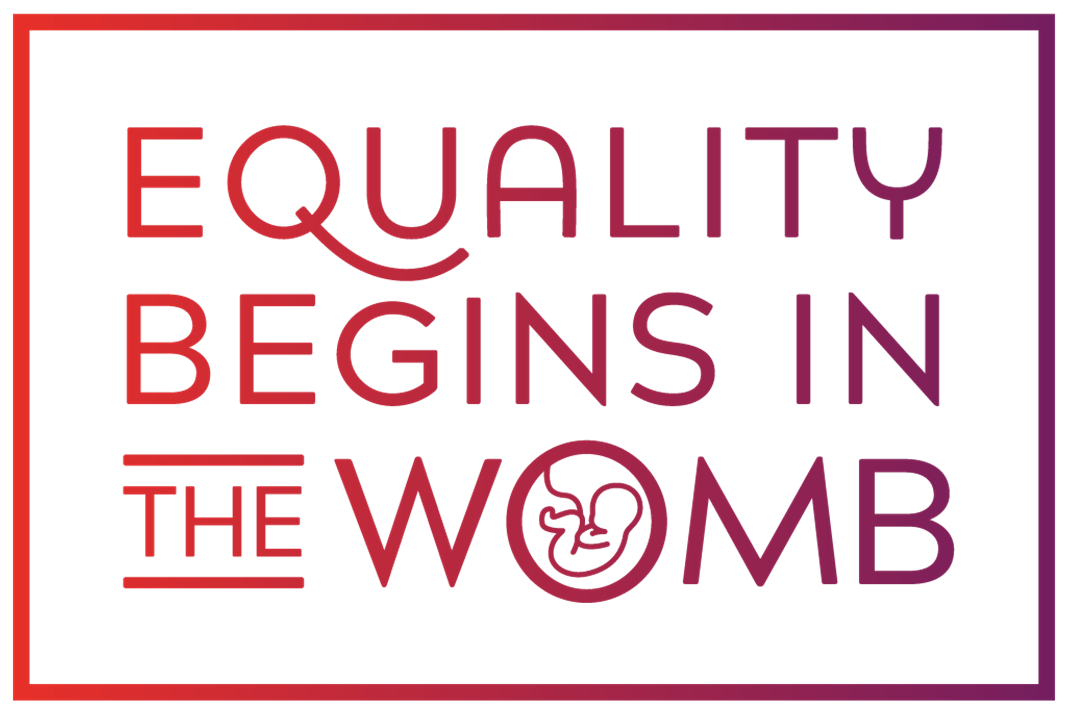Strategic Plans are Critical to Non-profits' Success
Six reasons non-profits really, really need strategic plans (and to act on them)
A shocking number of non-profits do not have a Strategic Plan. Of those that do, only a fraction seem to actually use it for anything, except perhaps to add a little bulk to their filing cabinets. There are many reasons for this. For example, putting one together requires an investment that some non-profit Boards and executives don’t see the point of making. Also, executing a Strategic Plan requires time and resources, both of which are often in short supply.
None of this changes the fact that a sound, actionable Strategic Plan is essential to a non-profit’s success, and every non-profit should make the effort to develop and implement one. Here are six reasons why:
- Sets a course that advances the mission—A good Strategic Plan is a road map to a successful future. It lays out exactly how the non-profit will fully accomplish its mission, and leads to coordinated action that promotes sustainability, improves delivery, and expands program coverage and scope. In short, a sound Strategic Plan will guarantee the non-profit will be around for the long haul, get better at doing what is does, and then do more. It will transform the organization’s thinking, move past “day-to-day inertia,” and enable leadership and staff to both consistently deliver and purposefully increase the non-profit’s impact over time.
- Directs action and creates efficiencies—Since time and resources often seem in short supply, it’s easy for non-profits to get lost in daily activities. Another reason for this, though, is that leadership and staff don’t know exactly what else they can and should be doing. An actionable Strategic Plan tells them both “what” and “why,” focusing attention on greater goals while still enabling the non-profit to deliver core services well. What’s more, a sound Strategic Plan can even “create its own time” for people to attend to both imperatives by organizing and coordinating actions, and visibly tying them to the non-profit’s goals.
- Builds excitement and encourages participation—A sound Strategic Plan creates new energy because it clearly demonstrates the possibilities, provides a clear path to making them real, and informs people on how they can be involved. This can literally change everything. Internally, commitment increases and creativity flourishes, creating focused momentum that drives the non-profit forward. It's also easier to build external interest in the organization, which often leads to increased revenue, greater volunteer participation, and other benefits. When there is a clear vision and plan of attack, people want to get involved.
- Enhances the non-profit’s credibility—Funding is obviously critical for every non-profit, whether it’s through grants, donations, or a combination of both. In addition to building excitement, a sound Strategic Plan shows potential funders that the organization knows exactly how it’s going to do what it says. The measures in a good Strategic Plan also allow the non-profit to demonstrate incremental results that prove it’s capable of turning its vision into reality. It’s a lot simpler to convince people to give the non-profit money when they know their money is being used well, and is helping to successfully advance the organization’s mission.
- Ensures key opportunities are recognized and seized—Many non-profits miss opportunities to improve delivery, increase coverage, and expand scope because they are so focused on day-to-day efforts. A sound Strategic Planning process identifies and evaluates these opportunities for their effects and feasibility, and the resulting Strategic Plan will facilitate action that captures the most rewarding among them. Absent a good Plan, the non-profit’s leaders won’t see the entire playing field, and when they do happen to stumble upon opportunities they can’t make fully informed decisions that best advance the organization’s interests.
- Promotes organizational cost-effectiveness Finally,
a good Strategic Plan is indispensable for non-profit sustainability, because
it provides a means for leaders to define, review, and coordinate how the
organization pursues its objectives in an integrated manner. A sound Strategic
Planning process allows the non-profit to create the right mix of delivery and
operational excellence and affordability, which isn’t possible if it’s mired in
the day-to-day and can’t see the “big picture.” Cost-effectiveness ensures the
non-profit will be around for the long haul to deliver its core services to its
key clients, and often provides opportunities to do more.
In short, good Strategic Plans lead to successful, well-funded non-profits with impacts that go far beyond what can be achieved without them. Organizations that don’t have Strategic Plans are missing out on communicating a pursuing a clear vision that engages the workforce and the community, foregoing confidence in sustainability, revenue, efficiencies, and opportunities that they could use to deliver more effectively and, ultimately, do more for the public.
Learn More and Take Action
it’s imperative that non-profits really need to have, and execute, Strategic
Plans. They are critical to the organizations’ long-term health, enable them to
be great, and allow them to be even greater. Contact us
for more information and to get started on yours!
Read Other Posts


















